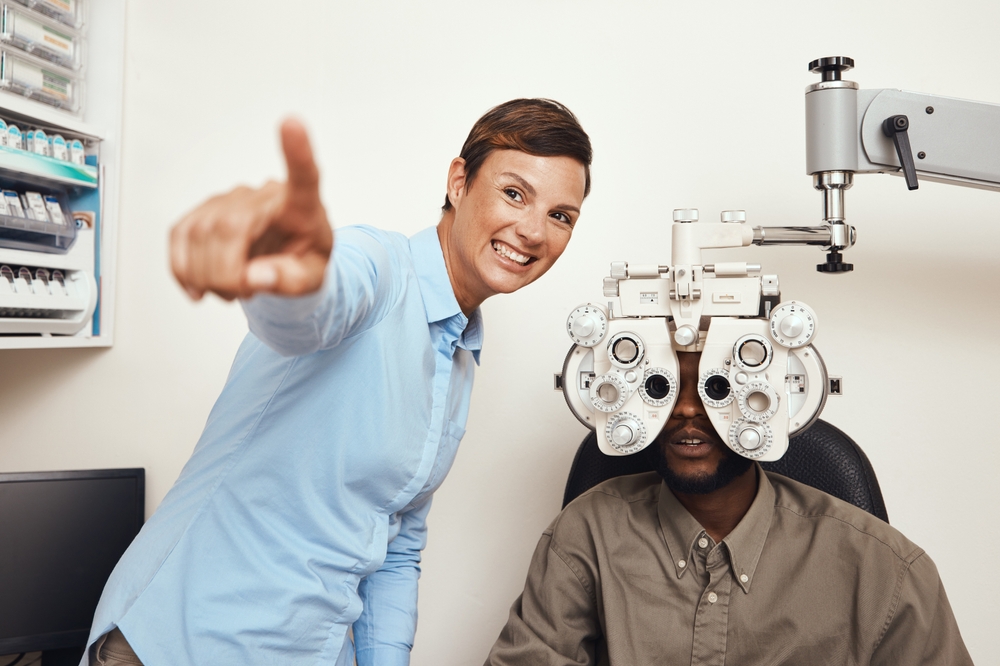
Visual vitality is a term that describes the health and wellness of our eyes. It's the ability to see clearly, focus accurately, and perceive color and depth with ease. It's about having eyes that are free from disease, strain, and discomfort. When we talk about visual vitality, we're talking about a key component of our overall health and wellbeing - our vision.
The Role of Eye Exams in Maintaining Visual Vitality
Eye exams play a crucial role in maintaining visual vitality. They are not simply about checking whether you need glasses or contacts. A comprehensive eye exam can detect early signs of eye diseases, many of which have no noticeable symptoms in the early stages.
Glaucoma, for instance, is known as the "silent thief of sight" because it can cause permanent vision loss before any symptoms are noticed. Macular degeneration, the leading cause of blindness in the elderly, can also sneak up on individuals without warning. Regular eye exams can catch these diseases early, when they are most treatable.
Beyond detecting eye diseases, regular eye exams can also reveal other health issues. Conditions like diabetes and high blood pressure can often be detected during an eye exam. The eyes are the only place in the body where blood vessels can be seen directly, making them a unique window into our overall health.
The Process of an Eye Exam
The process of an eye exam involves a series of tests to assess your vision and check for signs of eye diseases. The exam begins with a visual acuity test, which measures how well you can see at various distances. You'll be asked to read letters off a chart, with one eye at a time. This test is crucial for determining whether you need glasses or contacts.
Next, your eye doctor will examine the health of your eyes. They'll look at the front of your eyes to check for signs of common conditions like dry eye or cataracts. They may also use a special microscope to examine the inner parts of your eyes, looking for signs of more serious diseases such as glaucoma or macular degeneration.
When and How Often Should You Get an Eye Exam?
The frequency of eye exams depends on your age, risk factors, and whether you currently wear eyeglasses or contact lenses. As a general rule, adults should have a comprehensive eye exam every one to two years. Children should have regular eye exams to ensure their vision is developing normally and to catch any problems early.
If you're at a higher risk for certain eye diseases due to your age, race, medical history, or family history, you may need more frequent eye exams. Your eye doctor can provide the best guidance on how often you should have your eyes checked.
Making the Commitment to Visual Vitality
Investing in your future through regular eye exams is a commitment worth making. It's about ensuring your visual vitality, catching eye diseases early, and promoting your overall health. It's about protecting your window to the world and maintaining your quality of life.
Schedule your eye exam today and take the first step towards maintaining your visual vitality, visit Eyewellniss in our Edgewater, Livingston, or Paramus, New Jersey, office. We provide quality eye care services and products for the entire family. Please call (201) 945-8931, (973) 535-1171 or (201) 712-0888 to book an appointment today.








